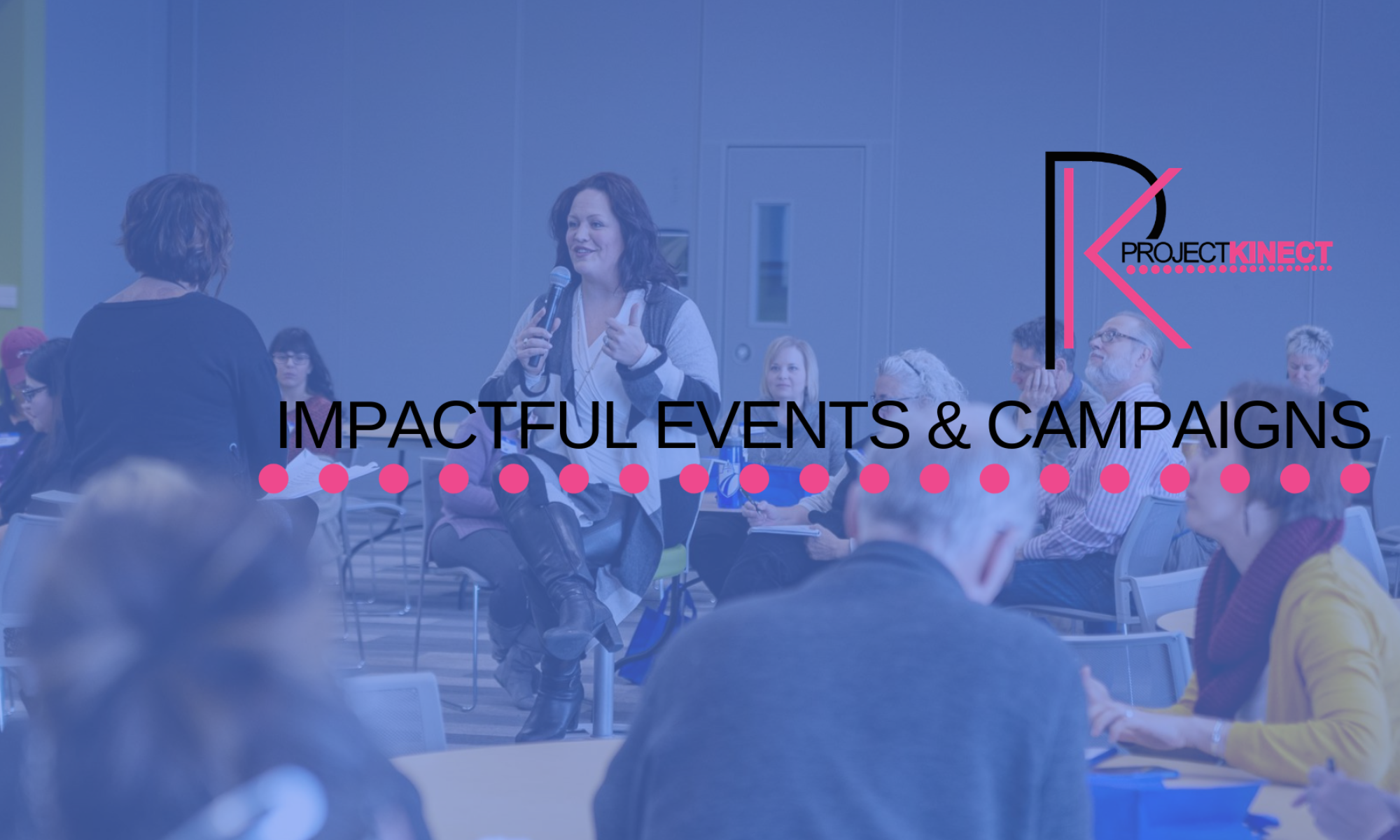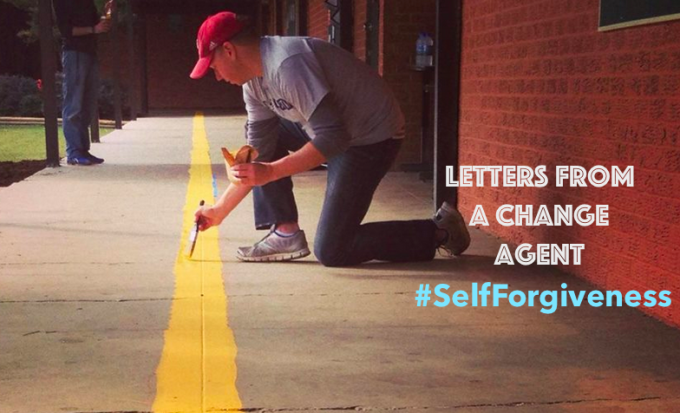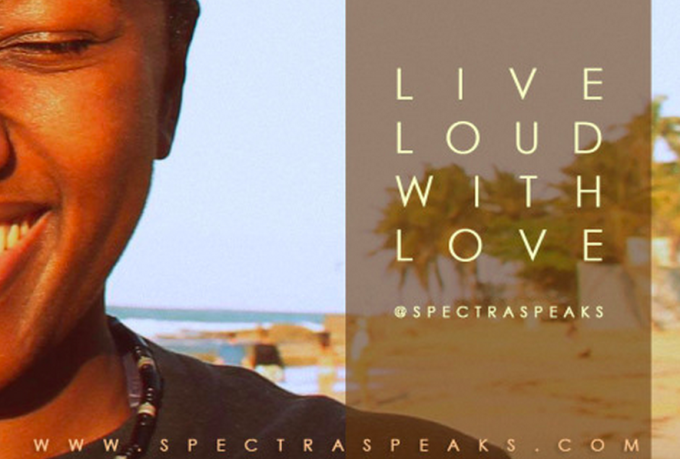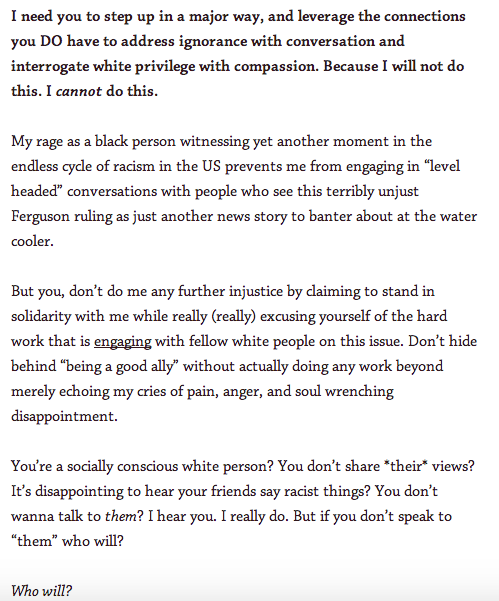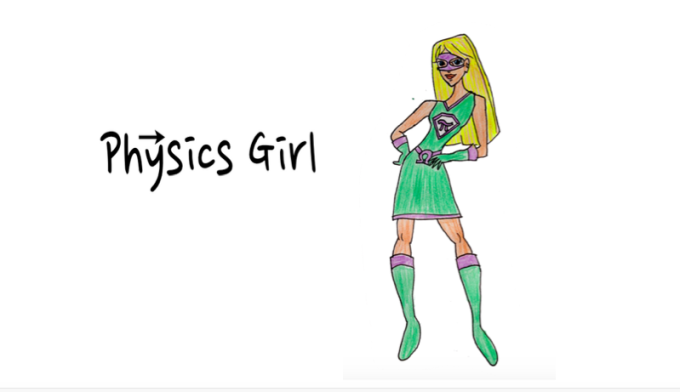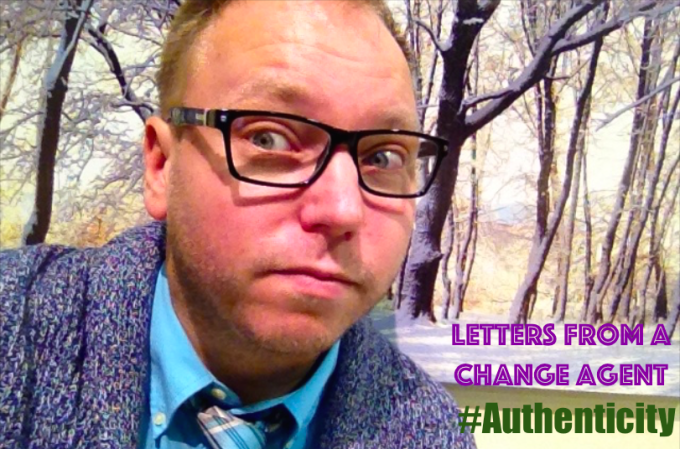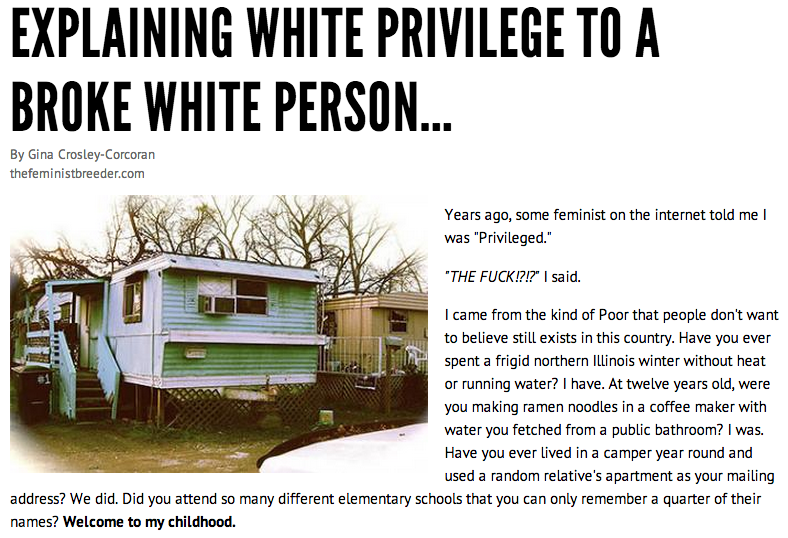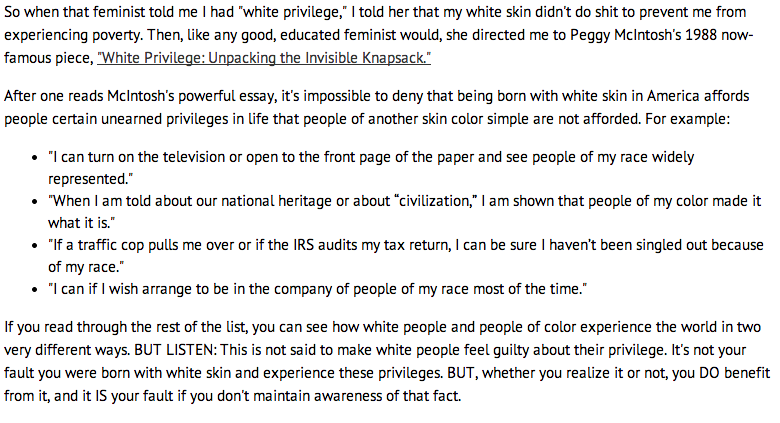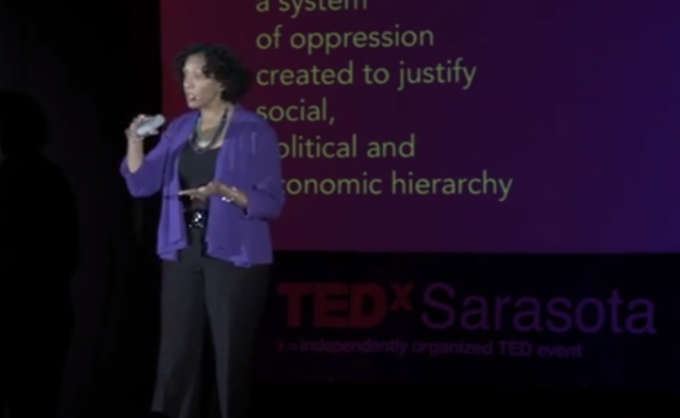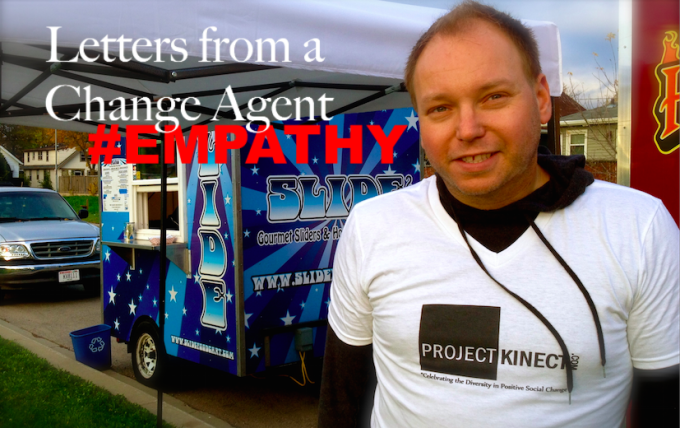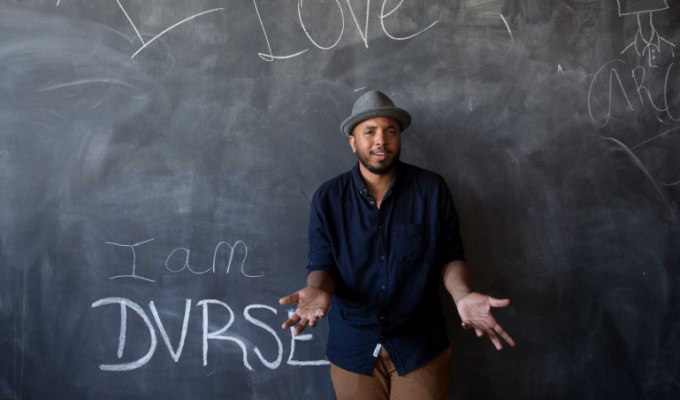Happy New Year! Time for a new calendar and new beginnings. Reflecting on the new changes can bring guilt about what we failed to change in the past. The past is a weight that we can rid ourselves of with little energy. Unfortunately we don’t. In any new cycle, we must reset our integrity from what we were unsuccessful at. This reset process is a way to forgive ourselves for what we did not accomplish.
Forgiving ourselves allows us to put to rest our anxiety about not doing what we said we would. Maybe it was about losing twenty pounds, becoming a more engaged employee, or making better communication in your marriage. For me, I have told myself I’m going to create better ways to stay connected to my loved ones I don’t see or connect with as often as I would like. This goal has been on my “resolution list” for many years. I work on it, but fail to meet the expectations I set for myself.
Any new change forces us to handle emotions with the same process. We acknowledge a new change we want to make in our lives and we then remember what we said we would do prior. We often have guilt over what we were not successful at. We must learn to replace guilt with a slight acknowledgement and say, “I take ownership for not doing _________. I will instead now do _____________.” That new declaration is now the concern. We can find a way to hold ourselves accountable for the new claim, celebrate our success, and take responsibility if we fail. Whether we succeed or fail, we will follow the result with a new claim.
It is only us putting the pressure on ourselves. If the goal or task is important, then it should have a higher level of accountability. If it is not, then we cannot torture ourselves. I often feel that my goals, tasks, and ambitions are the makeup of this line of living life. They aren’t always straight forward, and often blur our ability to really live life, or stay on the line, but with personal forgiveness, we can more quickly get back to living life on the line. That is the main goal of us all, to live the fullest and most impactful lives we can. Start with forgiving yourself and make room for the new year.
